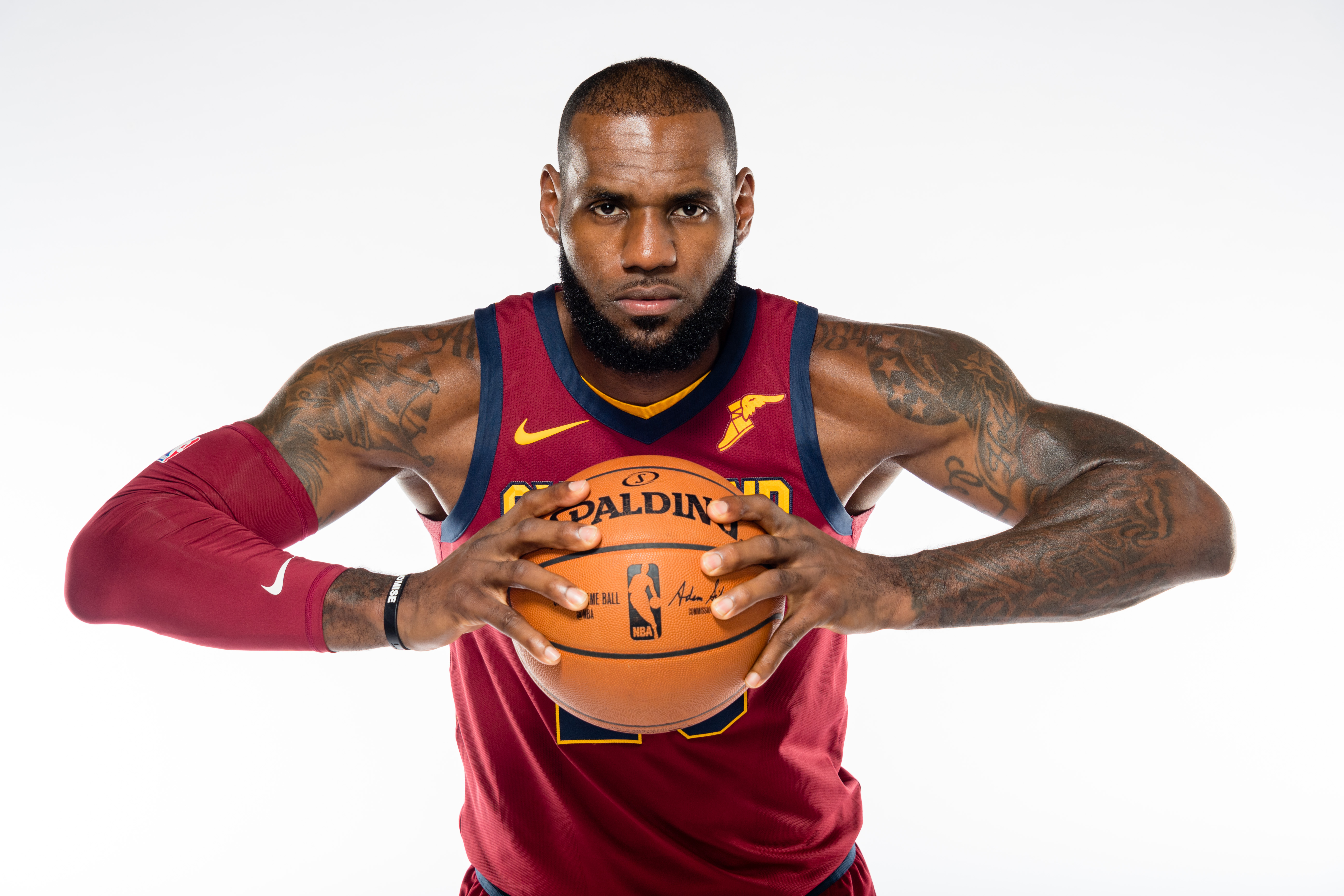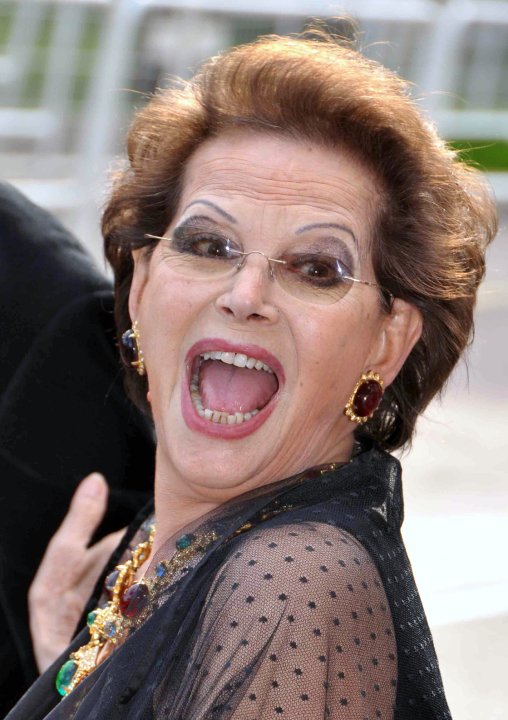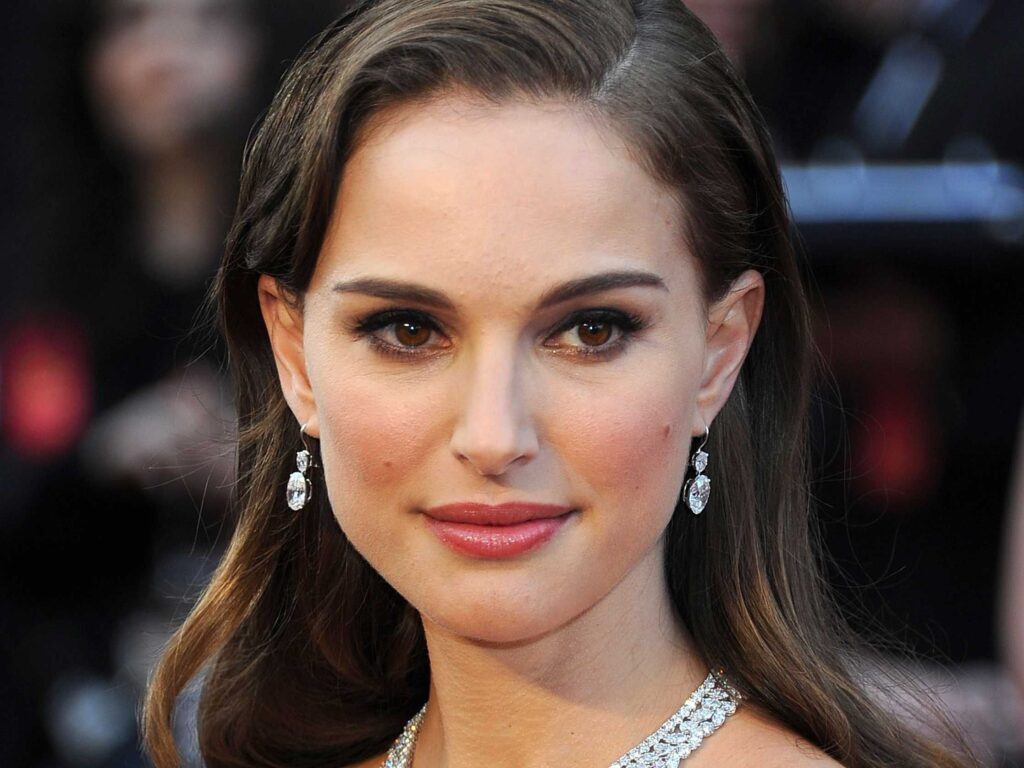
In a world where embracing progressive values often signifies honor, a distinct group of celebrities has become notable for their defiance against what is known as woke culture. While many in Hollywood align with movements advocating for inclusivity and political correctness, these 14 figures have deliberately chosen a different path. Their choices have frequently sparked intense debates and widespread controversy, challenging prevailing cultural norms in significant ways.
This phenomenon becomes particularly insightful when viewed against the backdrop of the early 2020s. Following the murder of George Floyd, the Black Lives Matter movement surged globally, demanding systemic change. Social media amplified activism, with #MeToo and #StopAsianHate trending, prompting corporations to declare solidarity. This period, characterized by transformative shifts towards inclusivity, was widely termed the ‘peak woke era,’ setting the stage for subsequent reactions.
However, ‘woke’ has since shifted from a rallying cry for progress to a weaponized term, often dismissed as overreach or virtue signaling. This backlash, significantly amplified by media and political figures, has birthed a powerful counter-movement: anti-woke ideology. It’s a complex and, at times, alarming development that extends beyond online debates into concrete actions with lasting consequences. We delve now into the compelling stories of seven prominent figures who have navigated these tumultuous cultural waters, challenging values many hold dear and facing considerable fallout.
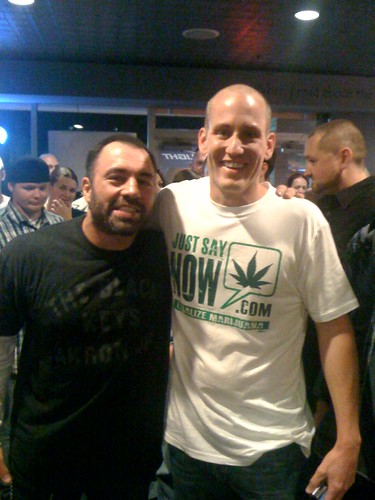
1. **Joe Rogan**: Joe Rogan, a veritable powerhouse in digital media, has forged a unique space with ‘The Joe Rogan Experience,’ reaching millions of listeners per episode. His immense influence, however, is equally matched by significant controversy, primarily stemming from his outspoken critiques of woke culture. Rogan specifically targets aspects he believes limit free speech and stifle open debate within modern discourse.
His podcast frequently hosts guests holding controversial opinions, from political commentators to various conspiracy theorists. This willingness to platform diverse, often provocative viewpoints has led to accusations that Rogan is inadvertently giving credence to potentially harmful ideas. Critics argue his approach makes him a polarizing figure, especially within progressive circles concerned about misinformation.
Rogan’s profound disdain for cancel culture is a recurring theme, where he often laments the loss of nuance in public conversations. He contends that the pervasive fear of offending has homogenized ideas, particularly in comedy and the arts, hindering creativity. Despite the continuous backlash, his audience grows, appreciating his willingness to tackle taboo subjects, while simultaneously solidifying his position as a central, divisive figure in today’s media landscape.
Read more about: Political Intrigue: Unpacking the 14 Reasons Why Prominent Figures Are Steering Clear of Presidential Endorsements
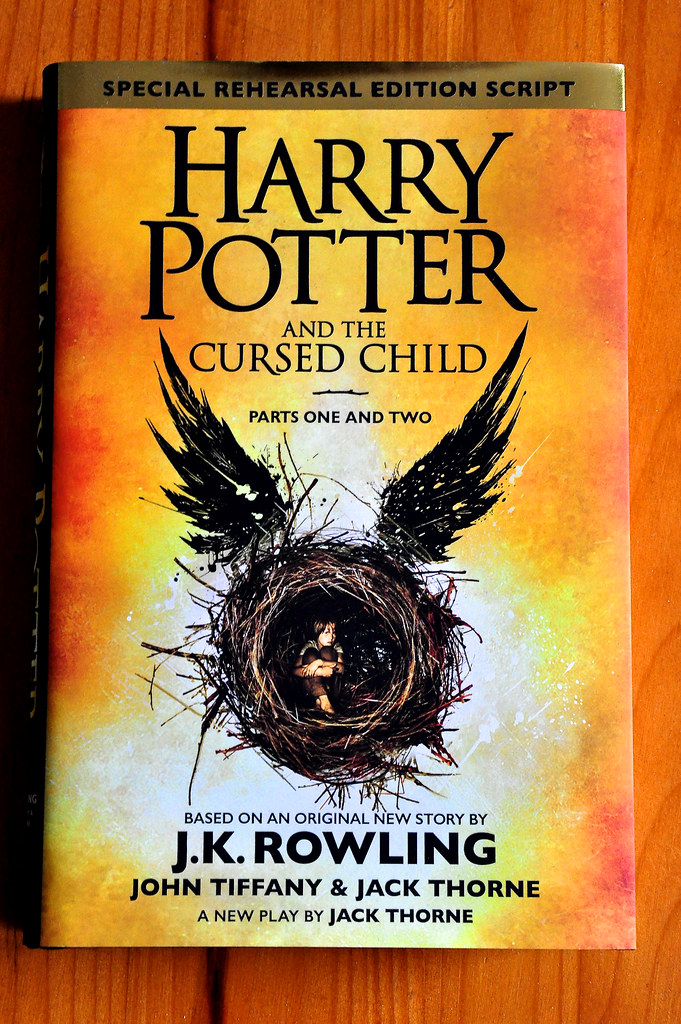
2. **J.K. Rowling**: Once celebrated globally for her ‘Harry Potter’ series, J.K. Rowling has become a contentious figure due to her outspoken views on gender and biological . Her comments on transgender issues have sparked intense backlash, particularly from LGBTQ+ communities and their allies. Rowling has expressed concerns about gender identity theory’s implications for women’s rights, arguing it could undermine progress if prioritized over biological sex.
These views have led to widespread accusations of transphobia, causing many fans to distance themselves from her work. The controversy has ignited calls for boycotts of her books and attempts to diminish her influence on the ‘Harry Potter’ franchise. This demonstrates the profound impact her personal beliefs have had on her public image and legacy.
Despite the significant criticism, Rowling has remained steadfast, asserting her beliefs are rooted in a commitment to biological reality and women’s rights. Her stance has prompted vital conversations about free speech, the protection of marginalized groups, and the balance between personal conviction and public responsibility. While alienating many, her views have also garnered support, cementing her role as a deeply polarizing figure in contemporary culture.
Read more about: The 14 Most Iconic Movie Villains of All Time That Seriously Live Rent-Free in Our Heads
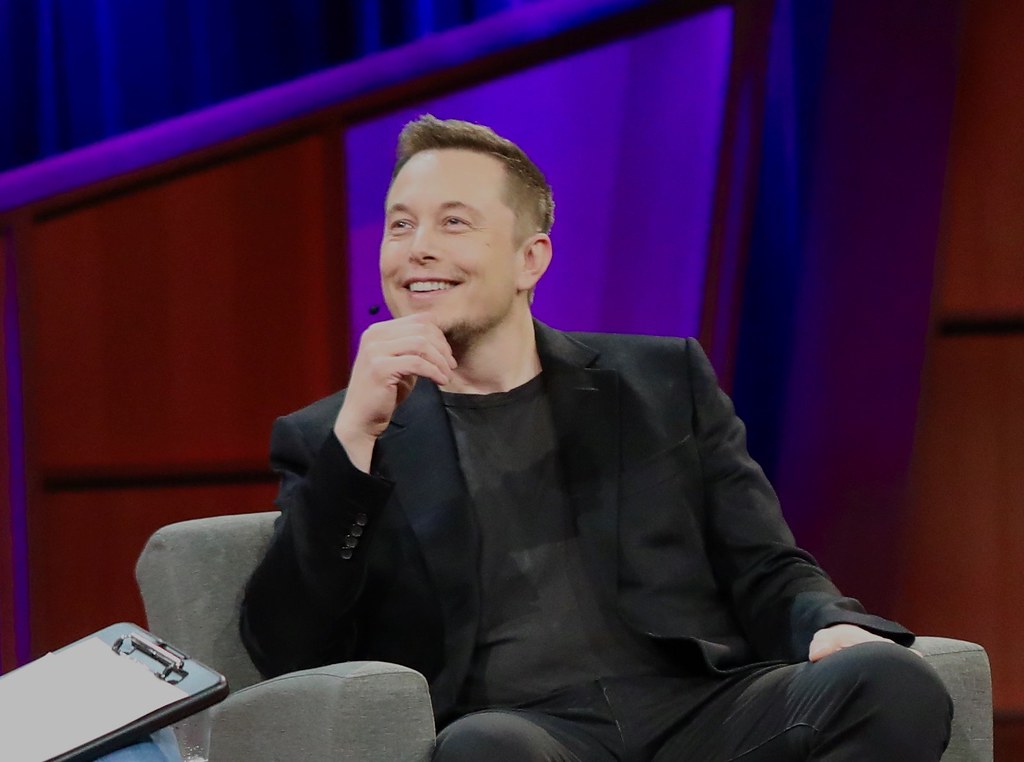
3. **Elon Musk**: Elon Musk, the visionary entrepreneur behind Tesla and SpaceX, is no stranger to controversy, especially concerning his critiques of ‘woke culture.’ He frequently refers to it as the ‘woke mind virus,’ positioning him as a divisive figure in the cultural landscape. A deeply personal dimension was added by his public fallout with his transgender daughter, Vivian Jenna Wilson, whom he believes was ‘taken’ by woke ideology.
Musk has openly criticized gender-affirming care, controversially labeling it as ‘child mutilation,’ and has vowed to fight what he perceives as the harmful influence of progressive ideologies. His opposition extends into his business strategies; he moved companies out of California in protest of its progressive policies, signaling his active resistance.
His acquisition of Twitter, now X, also marked a significant rollback of policies designed to protect marginalized groups from hate speech. While his stance attracts a loyal following, it draws substantial criticism from those who see his actions as undermining vulnerable communities’ rights and dignity. Musk’s battle against woke culture exemplifies the complex interplay of personal beliefs, business, and social responsibility.
Read more about: Beyond the Boardroom: 14 Unconventional Rules Billionaires Set for Their Children
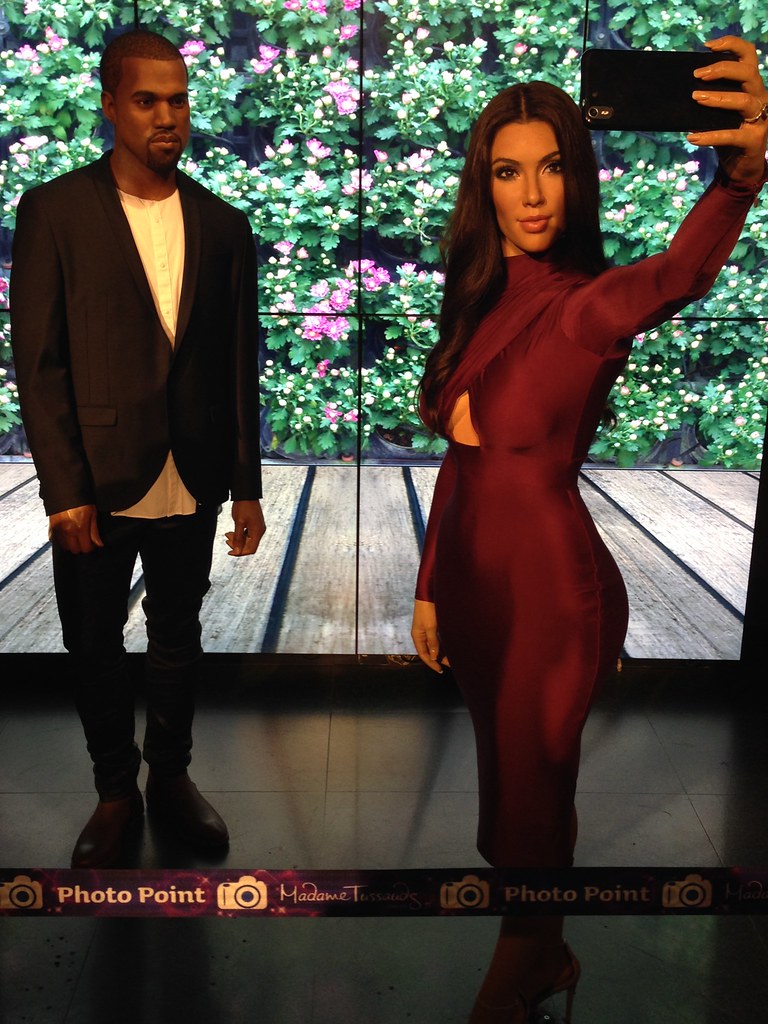
4. **Kanye West**: Kanye West, the multifaceted artist, is perpetually at the center of public attention, his anti-woke stance forming a crucial part of his public persona. His vocal support for conservative politics, including his infamous endorsement of Donald Trump and the display of a ‘Make America Great Again’ (MAGA) hat, starkly contrasts with the prevailing progressive values in entertainment.
West’s critiques also target movements like Black Lives Matter, which he has argued focus excessively on victimhood rather than empowering individuals. This perspective, deeply intertwined with his emphasized Christian faith, positions him as a figure challenging what he believes is society’s drift from Christian values. He often frames his public actions through this spiritual lens.
However, his contentious views have alienated many within the entertainment industry and among his fan base, particularly advocates for social justice. Despite continuous backlash, West remains a profoundly influential figure in music and fashion. His refusal to conform to woke culture, combined with his unpredictable behavior, cements his status as a unique and polarizing force in contemporary culture.
Read more about: Beyond the Boardroom: 14 Unconventional Rules Billionaires Set for Their Children
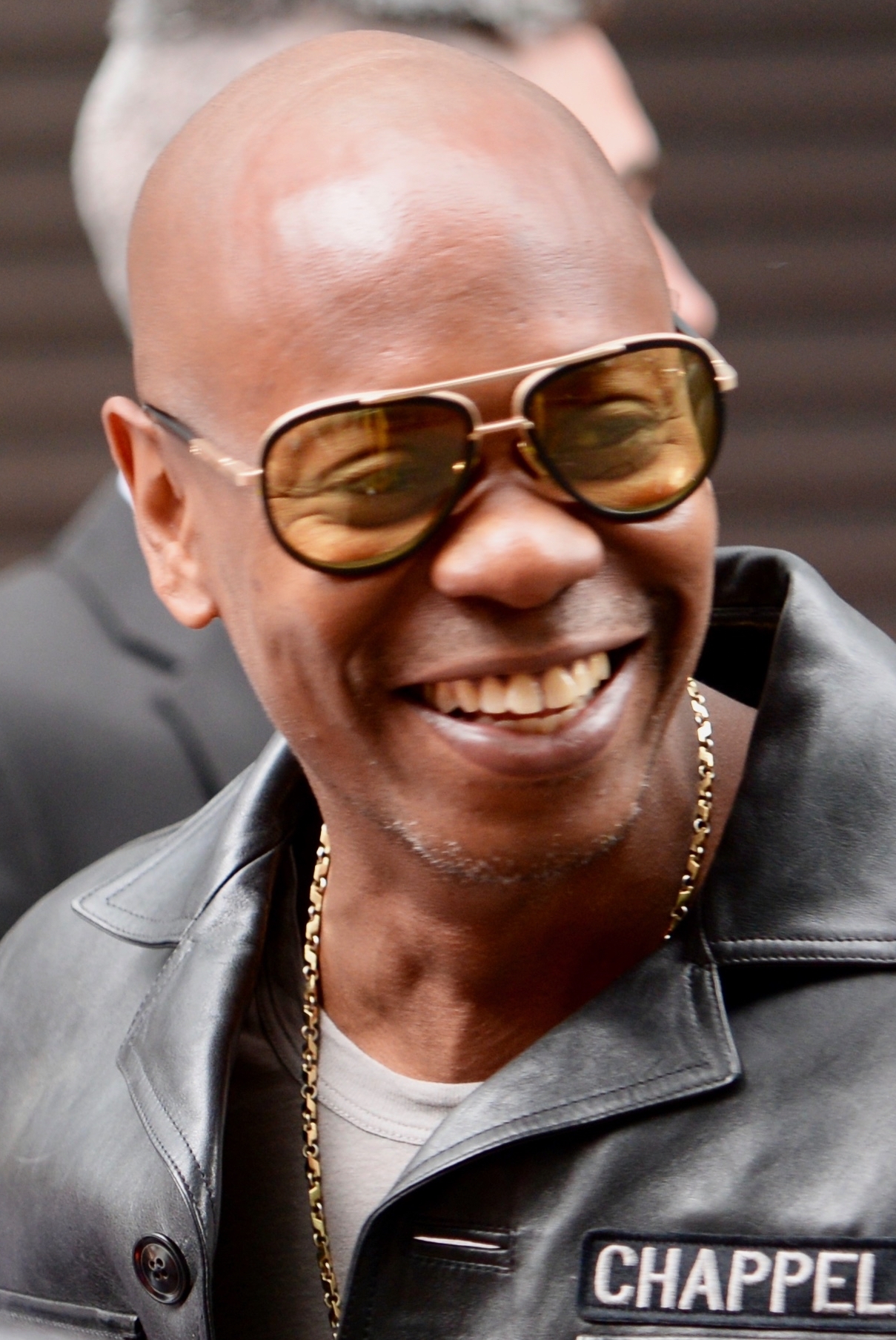
5. **Dave Chappelle**: Dave Chappelle, celebrated as one of his generation’s comedic titans, is renowned for his sharp wit and fearless approach. In recent years, he has become a focal point of controversy due to his critiques of woke culture, specifically regarding gender identity and cancel culture. His Netflix specials, including ‘The Closer,’ have garnered both praise and intense criticism for their unapologetic humor.
Chappelle’s jokes concerning transgender people have been particularly divisive, leading to accusations of transphobia and calls for his specials’ removal from streaming platforms. He defends his right to free expression, arguing comedy should be a space without off-limits topics. He believes rising political correctness erodes comedians’ ability to address social issues through satire.
While his stance resonates with free speech proponents, it has also made him a target for cancel culture. Chappelle’s unwavering refusal to back down highlights the ongoing debate about comedy’s societal role and the limits of humor. His commitment to artistic freedom, even amidst severe criticism, underscores the complexities of navigating evolving cultural sensitivities.
Read more about: Beyond the Spotlight: Unpacking the Controversies and Boycotts Plaguing Lady Gaga’s Cinematic Ventures

6. **Jordan Peterson**: Jordan Peterson, a distinguished clinical psychologist, gained significant prominence in 2016 by opposing Canada’s Bill C-16, arguing it compelled speech regarding gender pronouns. His strong stance against what he views as woke culture’s authoritarian tendencies, particularly in academia, established him as a controversial public intellectual. His critiques extend to identity politics and social justice movements.
Peterson’s best-selling ’12 Rules for Life’ champions personal accountability and traditional values, which he believes woke ideology undermines. He asserts that identity politics foster divisive groupthink, prioritizing collective identity over individual merit. His messages about resilience and self-discipline resonate with a massive following, especially among young men, who find guidance in his conservative principles.
Despite his large following, Peterson faces intense criticism from those who accuse him of promoting regressive ideas harmful to marginalized communities. Nevertheless, he remains a steadfast opponent of woke culture, consistently speaking out against its perceived negative impact on society. His enduring influence marks him as a key figure in the intellectual resistance against progressive cultural shifts.
Read more about: Hollywood’s Most Audacious Crashes: The Jaw-Dropping Costs of Wrecking 14 Legendary Cars in Film History
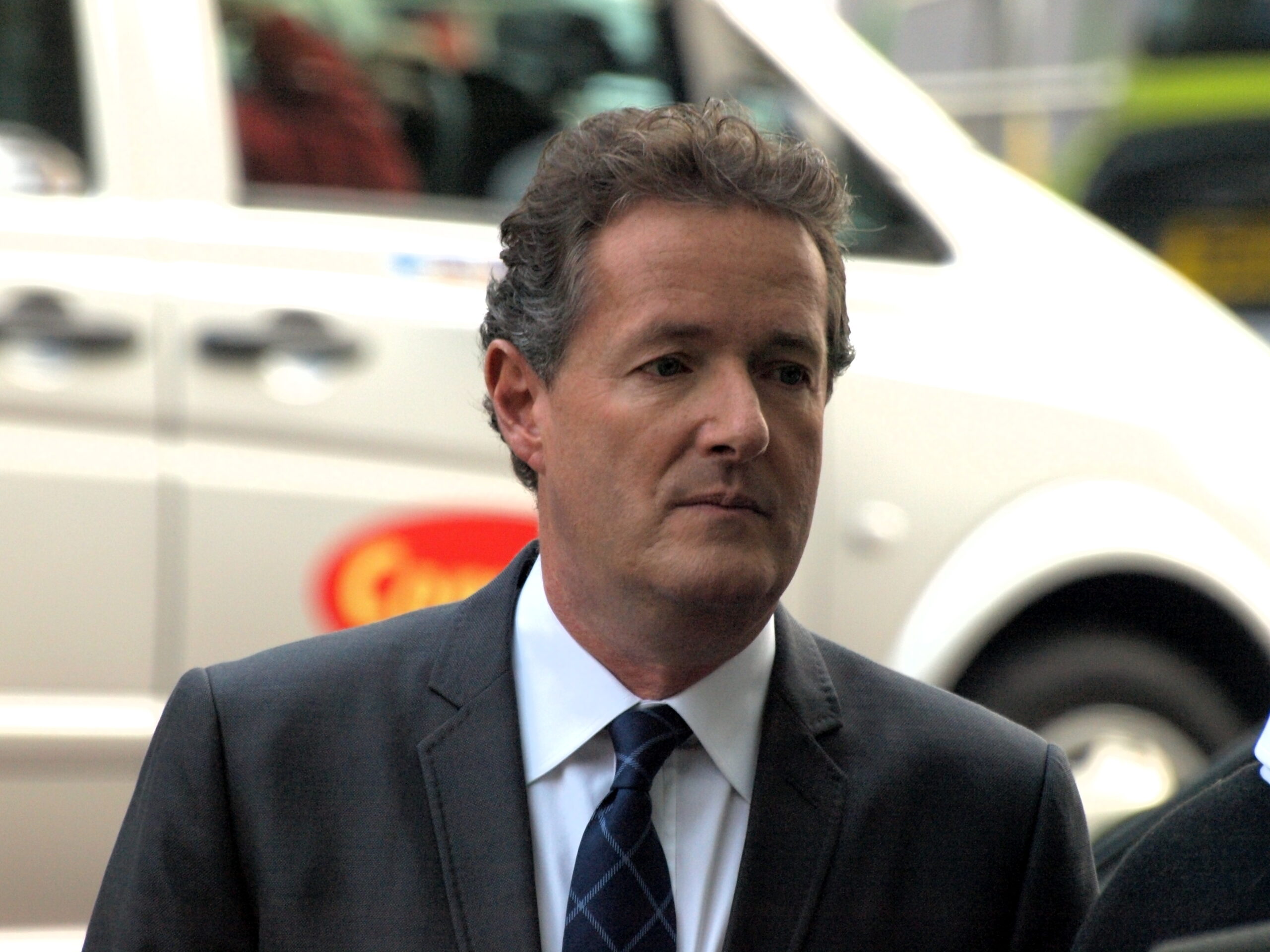
7. **Piers Morgan**: Piers Morgan, the renowned British broadcaster, is known for his forthright opinions and readiness to engage in heated debates, particularly against woke culture. He has built his career by challenging what he sees as the absurdities of political correctness and the increasingly restrictive nature of public discourse. His outspoken views on cancel culture, gender identity, and social justice have frequently made him a target for social media backlash.
Morgan remains unyielding in his criticism, often arguing that cancel culture poses a dangerous threat to free expression and dissenting voices. He believes the fear of being ‘canceled’ has led to extensive self-censorship within media and entertainment, creating a less diverse and vibrant cultural landscape. He specifically targets ‘woke warriors,’ accusing them of intolerance towards non-conforming viewpoints.
Despite continuous controversies, Morgan maintains a prominent media presence, using his platforms to voice grievances against woke culture. His refusal to yield to pressure has earned him both fervent supporters and vehement detractors. It is clear Morgan views himself as an essential counterbalance to the growing influence of woke ideology, sparking ongoing debates in public discourse.
Read more about: Hollywood Hissy Fits: These Blockbuster Stars Had MAJOR On-Set Drama (And You Won’t Believe Who Was Involved!)
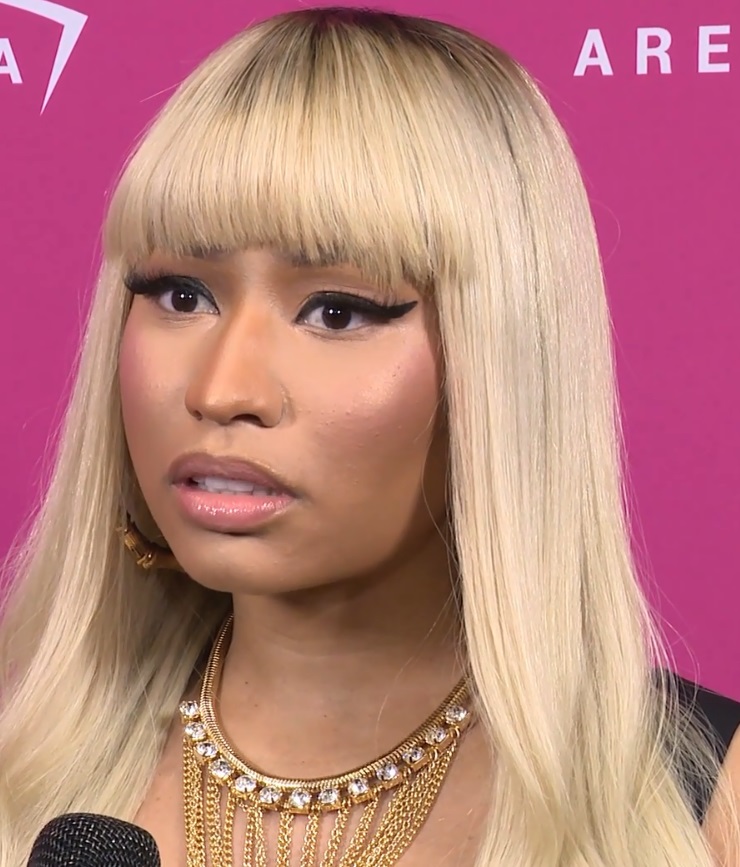
8. **Nicki Minaj**:Nicki Minaj, a powerful figure in the music industry, has frequently challenged the prevailing currents of woke culture through her outspoken views on social issues. Her willingness to express personal convictions, even when unpopular, positions her as an artist who refuses to be categorized or silenced. This independent spirit has often sparked significant public debate and controversy.
In 2021, Minaj voiced skepticism about the COVID-19 vaccine on social media, sparking swift criticism from public health officials and media. Despite accusations of spreading misinformation, she staunchly defended her right to question and seek information, refusing to conform to dominant narratives. This incident highlighted her resolve to challenge what she perceived as unquestioned authority.
Beyond health, Minaj’s defiance extends to candid critiques of the entertainment industry’s double standards. She often highlights the immense pressures on women, especially women of color, to adhere to ideological expectations. Her vocal stance on racism and ism in the industry, coupled with her refusal to be silenced, makes her a polarizing yet empowering figure for many fans. Her unapologetic approach solidifies her as a unique and influential voice in cultural conversations.
Read more about: Justin Bieber’s Unforgettable Odyssey: Tracing the Milestones of a Pop Phenomenon’s Enduring Legacy

9. **Gina Carano**:Gina Carano, former MMA fighter and actress, became a symbol of resistance against cancel culture after her high-profile dismissal from Disney’s “The Mandalorian.” Her termination followed controversial social media posts comparing modern political divides to historical atrocities, sparking fervent debate. This incident became a critical moment, igniting a broader discussion about acceptable public discourse in Hollywood.
Rather than retreating, Carano reaffirmed her views, becoming a vocal critic of woke culture and its perceived detrimental effects on free speech and individual expression. Her case quickly became a rallying point for those contending woke ideology has amassed excessive power, leading to a chilling effect on open dialogue. Many saw her situation as a prime example of consequences for deviating from established cultural narratives.
Since leaving Disney, Carano has aligned with conservative media platforms, continuing her advocacy against what she views as the suppression of dissenting voices in entertainment. Her steadfast refusal to be silenced and persistent championing of free speech cemented her status as a significant figure in the cultural battle against cancel culture and woke ideology in Hollywood. Her journey highlights professional setbacks accompanying defiance, yet also the support she garners from those who feel the industry is intolerant of non-conforming perspectives.
Read more about: From Silver Screen to Sidelines: 11 Iconic Female Stars Who Faced Unexpected Blacklisting in Hollywood
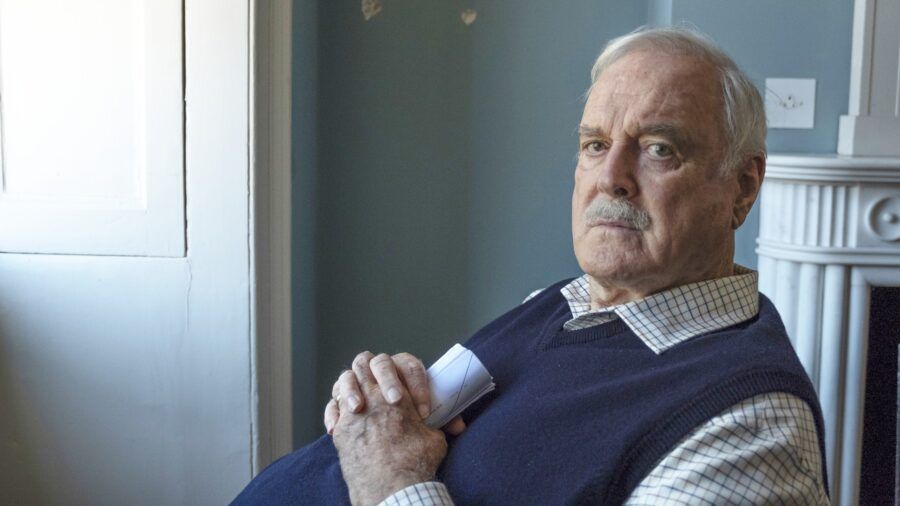
10. **John Cleese**:John Cleese, legendary comedian and “Monty Python” co-founder, consistently criticizes political correctness, asserting it stifles creativity and free expression in comedy. His critiques of woke culture stem from his belief that comedy should be a fearless arena where societal norms are openly challenged, not conformed to. He argues humor thrives on pushing boundaries and provoking thought.
In Cleese’s view, escalating political correctness has led to a homogenization of humor. He observes that fear of offending often takes precedence over exploring taboo subjects and engaging in meaningful satire. This trend, he suggests, erodes comedy’s capacity to deliver incisive social commentary and truly challenge its audience.
His concerns extend beyond comedy, touching upon the broader artistic landscape. Cleese argues the obsession with avoiding offense makes it difficult for artists to produce work that genuinely provokes thought or challenges perspectives. While his outspoken views make him a divisive figure—seen by some as out of touch, others as an indispensable defender of free speech—Cleese remains unwavering. He continues to speak against woke culture’s detrimental impact on the arts, sparking debates and prompting reflection on comedy and artistic expression.
Read more about: The Cinematic Time Capsule: 15 Overlooked 80s and 90s Masterpieces You Absolutely Need to See
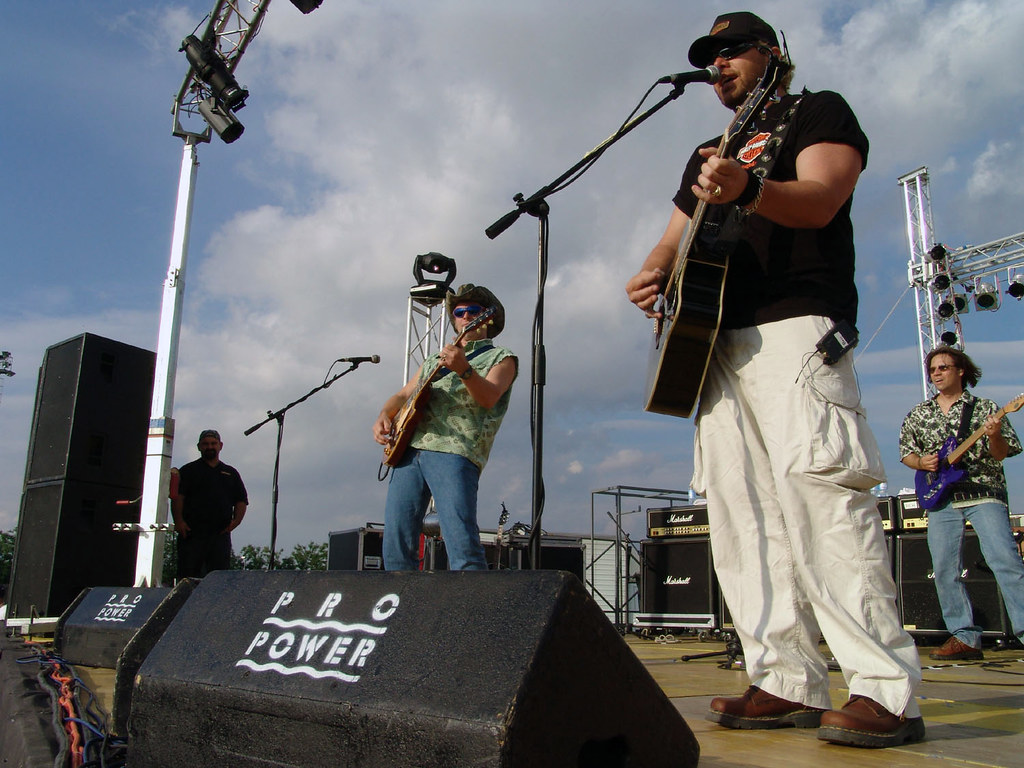
11. **Ted Nugent**:Ted Nugent, the rock musician as known for his conservative views as his music, has long been an unyielding critic of progressive values and woke culture. Nugent’s unfiltered, provocative opinions on gun control, hunting rights, and the Second Amendment consistently position him as a polarizing figure. He never hesitates to court controversy, leveraging his platform to articulate his distinct worldview.
For Nugent, woke culture’s ascendance represents a direct assault on fundamental individual freedoms and traditional American values. He believes these principles are severely threatened by what he terms the “lunacy” of progressive ideology. His critiques frequently revolve around the conviction that woke culture fosters a climate of victimhood, sidelining personal responsibility for external blame.
Nugent asserts this victim-centric mentality opposes core American values like self-reliance, hard work, and individual liberty. Despite backlash, Nugent maintains a powerful voice within conservative circles. His music and persona draw a steadfast following, particularly among those sharing his disdain for woke culture and commitment to safeguarding the “authentic American way of life.” Nugent’s defiance has cemented his reputation as one of the most outspoken figures in the cultural battle over American identity.
Read more about: Beyond the Bandit’s Charm: Unearthing the Intricate Life and Lingering Questions Surrounding Burt Reynolds’ Enduring Legacy
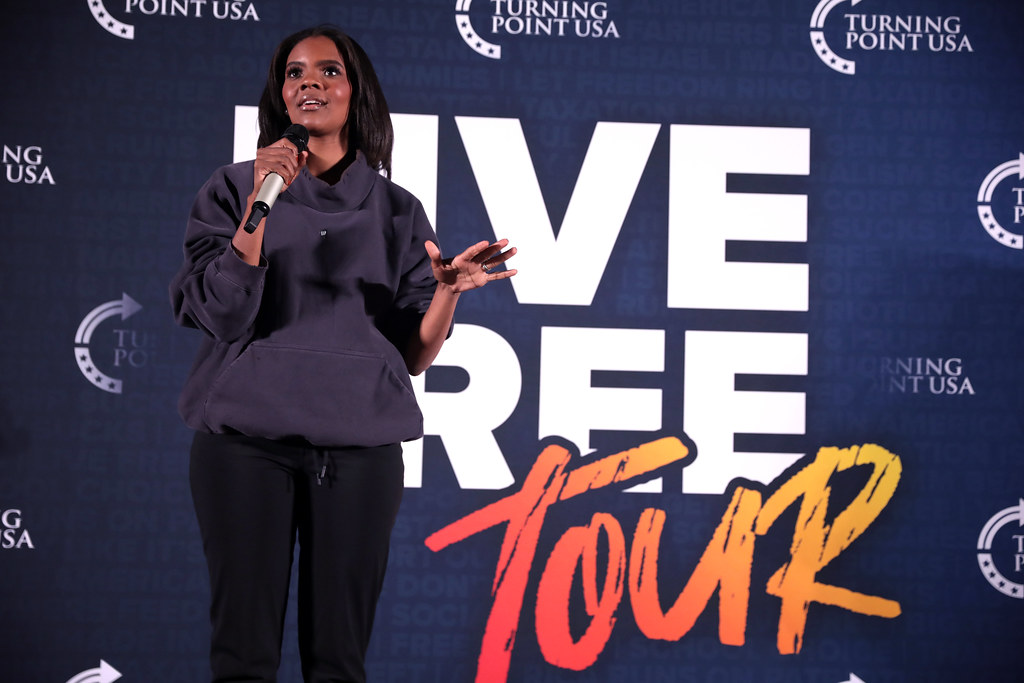
12. **Candace Owens**:Candace Owens, a conservative commentator and political activist, has carved a public profile by challenging woke culture, especially within the African-American community. Owens is a vocal critic of the Black Lives Matter movement, contending it promotes a harmful victimhood mentality rather than empowering individuals to control their lives. Her provocative views have made her a polarizing yet powerful voice in conservative media.
Owens’ opposition to woke culture is rooted in her belief that it undermines personal responsibility and promotes divisiveness. She frequently speaks out against what she perceives as the left’s exploitation of race and identity politics to advance their agendas, rather than fostering genuine equality. She argues the focus on systemic racism and social justice distracts from pressing issues confronting the African-American community, like crime, education, and family structure.
Her uncompromising views have garnered both fierce criticism and fervent support. Owens leverages her platform to advocate for conservative values, encouraging African-Americans to liberate themselves from what she describes as the “Democratic plantation.” Despite intense backlash, Owens remains undeterred in challenging woke culture. She continues to promote a message of personal empowerment and self-reliance, securing growing influence, particularly among young conservatives who resonate with her rejection of victimhood narratives and embrace of individual agency.
Read more about: Jimmy Kimmel’s Resilient Return: Navigating Suspension, Political Pressure, and the Enduring Fight for Free Speech in Hollywood
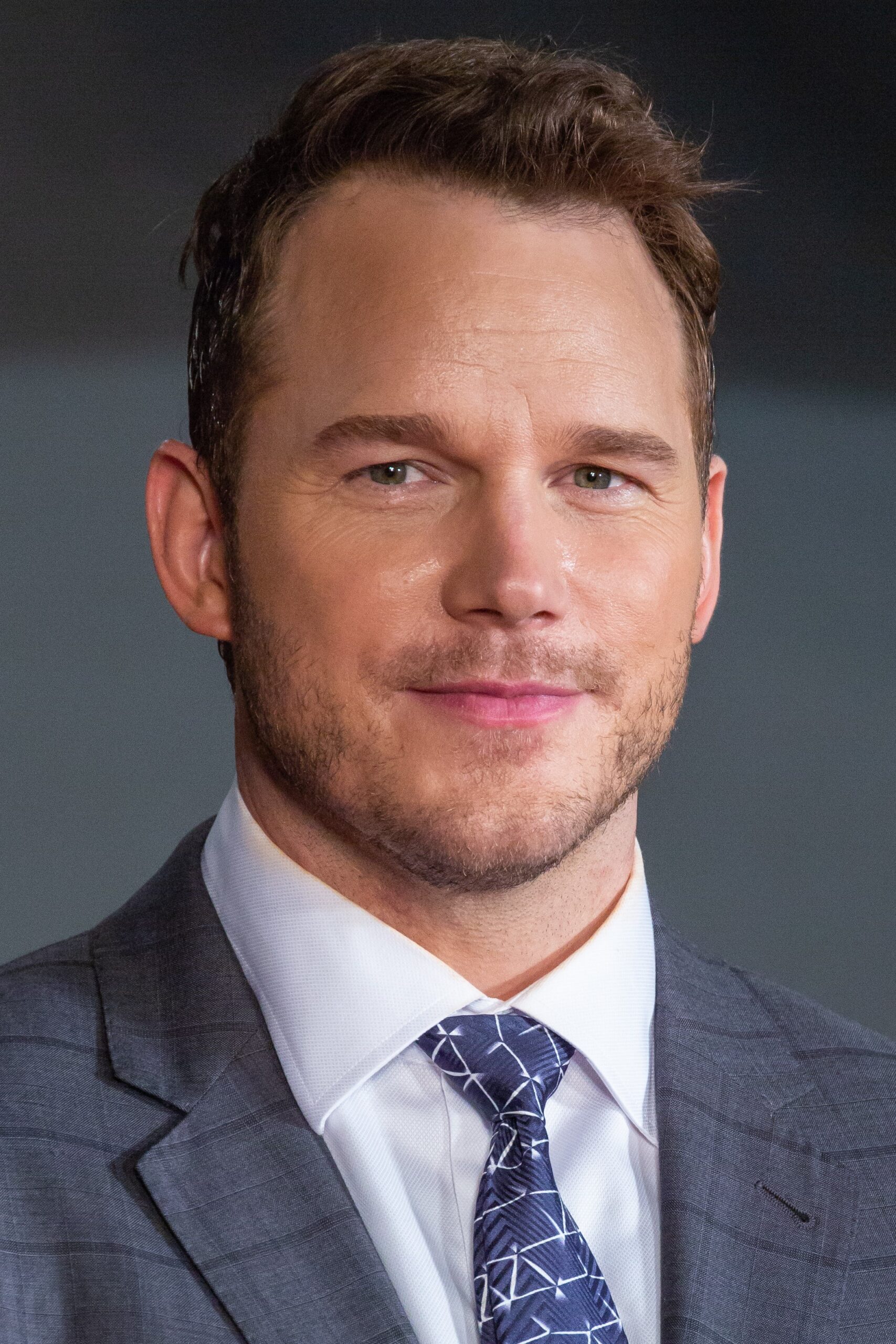
13. **Chris Pratt**:Chris Pratt, a beloved Hollywood star from “Guardians of the Galaxy” and “Jurassic World,” subtly navigates woke culture due to his religious views and perceived conservative leanings. While largely avoiding direct public political engagement, his personal choices and affiliations have drawn backlash from more progressive audiences and media. This quiet resistance sets him apart from many peers.
A notable contention point is his association with a church criticized for its stance on LGBTQ+ issues. This, though personal, led to some labeling Pratt “anti-woke” by association, generating controversy even without explicit statements. His consistent refusal to overtly engage in culture wars is interpreted as a subtle resistance against pervasive pressures to conform to Hollywood’s progressive ideological values.
Despite controversies, Pratt largely maintains public silence on criticisms, focusing instead on his successful acting career and personal life. His unique ability to sustain a lucrative career while quietly resisting Hollywood’s dominant progressive ethos makes him a distinctive entertainment industry figure. Pratt’s low-key approach retains broad audience appeal, yet also places him in the crosshairs of those who feel he does not sufficiently support social justice movements. His understated method uniquely positions him in evolving cultural debates.
Read more about: Hold Up, Did You Actually Finish These? 14 Movies So Lame People Literally Gave Up Watching Them Halfway Through!
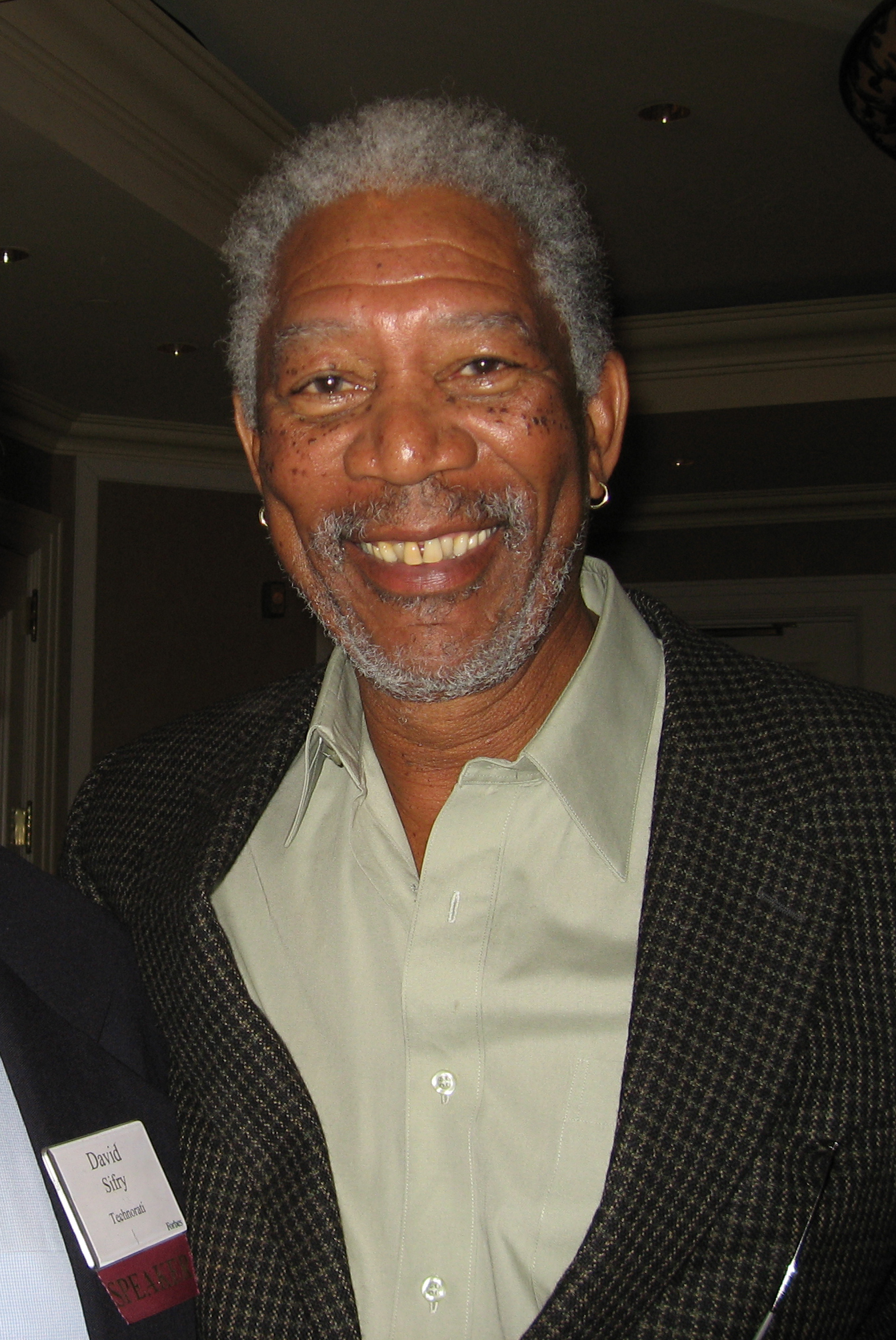
14. **Morgan Freeman**:Morgan Freeman, the iconic actor known for his distinctive voice and powerful performances, adopts a nuanced, independent approach to social issues. Diverging from many Hollywood contemporaries, Freeman frequently expresses skepticism regarding Black Lives Matter and affirmative action, positioning his views to challenge mainstream progressive narratives.
Freeman has long championed personal responsibility, a recurring theme in his commentary. He openly criticizes what he perceives as an overemphasis on race in discussions of social inequality, arguing such a focus can be counterproductive. His perspective on race and identity politics often puts him at odds with the “woke crowd,” yet Freeman remains unapologetic and steadfast in his convictions, demonstrating resilience to external pressure.
Central to Freeman’s stance is his conviction that excessive focus on racial distinctions can foster division rather than unity. He articulates the importance of perceiving individuals as unique beings, not solely as representatives of racial or ethnic groups. From his viewpoint, authentic societal progress is achieved through hard work and personal accountability, rather than governmental interventions or social movements. Despite criticism for non-conforming views, Freeman remains a respected figure. His willingness to speak his mind, even when diverging from prevailing cultural narratives, earns him a complex mix of admiration and critique. Freeman’s perspectives offer a compelling counter-narrative to the dominant discourse in entertainment, cementing his status as a significant voice in conversations about social justice and equality.
These 14 celebrities highlight the intense tension between individual expression and society’s push for progressive values. In a world increasingly championing inclusivity, their defiance against ‘woke culture’ challenges foundational values many hold dear. While their uncompromising stances resonate with those alienated by progressive movements, they also provoke essential questions about balancing free speech and social responsibility. As the cultural landscape evolves, these figures stand as symbols of resistance, and for some, cautionary tales of going against the grain. Their actions and controversies serve as a powerful reminder that the debate over ‘woke culture’ is far from settled. The impact of these controversies will undoubtedly shape public discourse and cultural dialogue for years to come, offering fertile ground for analysis of shifting societal norms.
Read more about: Level Up Your Watchlist: The Ultimate Guide to the Best Movies Streaming on Amazon Prime Right Now
Stay tuned for more insights into the cultural conversations that matter most to Gen Z at Woke Waves Magazine.


